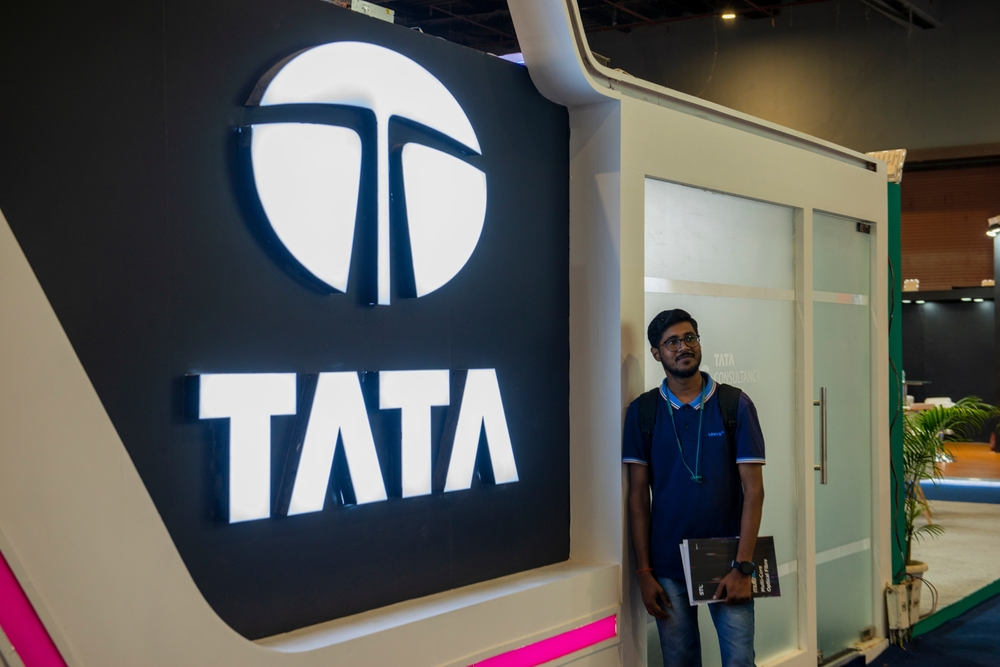Indian tech giant, Tata Group, has partnered with Nvidia to build a supercomputing platform for developing artificial intelligence-based solutions in India.
The computing infrastructure will be built using Nvidia’s new GH200 Grace Hopper Superchip which is expected to go into full production in 2024.
Tata is best known as a vehicle manufacturer but it has business interests in multiple areas, including IT and telecommunications.
The AI cloud infrastructure service will offer a huge boost to India’s nascent AI industry. Nvidia CEO Jensen Huang said, “We are delighted to partner with Tata as they expand their cloud infrastructure service with Nvidia AI supercomputing to support the exponential demand of generative AI startups and processing of large language models.”
Tata also sees significant potential to apply AI in its own business. It employs 600,000 people and aims to upskill them to leverage the partnership. It will also use AI in the design, styling, simulation, and testing of its autonomous vehicles, in addition to other applications.
While Nvidia will provide the hardware for the project, it has partnered with Indian telecoms company Reliance Jio to manage the infrastructure and how customers engage with the platform.
Reliance Jio has 450 million customers to which it aims to supply AI apps as well as additional AI tools and services across the rest of Reliance’s business operations.
Speaking of the partnership Huang said, “We are delighted to partner with Reliance to build state-of-the-art AI supercomputers in India. India has scale, data, and talent. With the most advanced AI computing infrastructure, Reliance can build its own large language models that power generative AI applications made in India, for the people of India.”
With a population of 1.3 billion people, India is now the world’s most populous nation and it has a strong tech sector that has boomed in recent years.
This project will see a significant increase in the computing power available to the country. Nvidia claims that the datacenter built with its groundbreaking GH200 chips will deliver a supercomputer “over an order of magnitude more powerful than the fastest supercomputer in India today.”
India’s low-cost workers have provided much of the sometimes controversial data labeling that AI depends on. This new project aims to help India transition from simply exporting cheap labor, to creating homegrown AI solutions that deliver tangible benefits to its own citizens.





